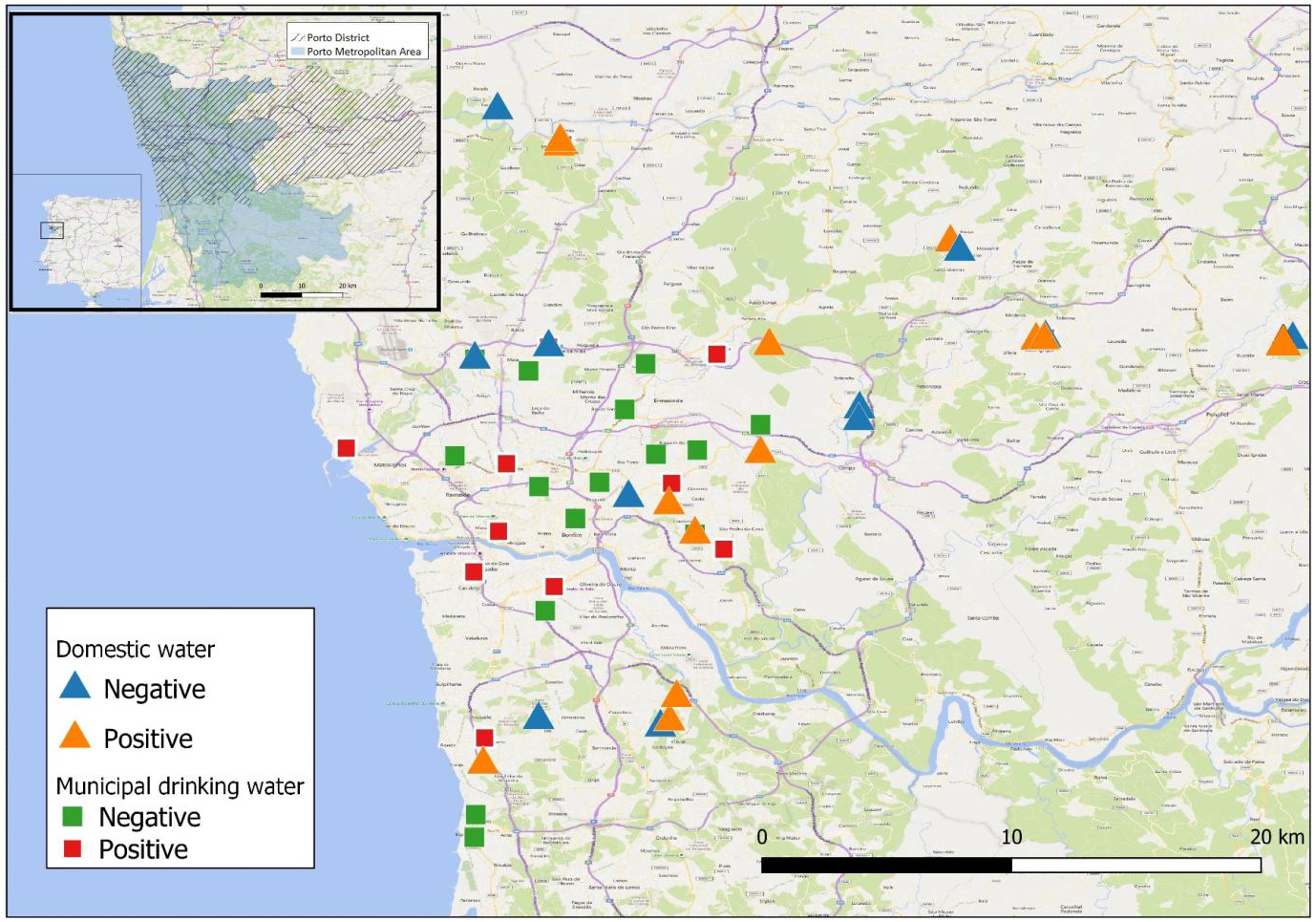 Portuguese researchers found high levels of MAP in domestic water supplies in parts of Portugal with a high incidence of inflammatory bowel diseases, such as Crohn’s disease, in humans. The article by Sousa and colleagues was published in AIMS Microbiology.
Portuguese researchers found high levels of MAP in domestic water supplies in parts of Portugal with a high incidence of inflammatory bowel diseases, such as Crohn’s disease, in humans. The article by Sousa and colleagues was published in AIMS Microbiology.
ABSTRACT
Mycobacterium avium subsp. paratuberculosis (MAP) may play a role in the pathology of human inflammatory bowel disease (IBD). Previously, we found a high frequency (98% in patients with active disease) of MAP DNA detection in the blood of Portuguese Crohn’s Disease patients, suggesting this cohort has high exposure to MAP organisms. Water is an important route for MAP dissemination, in this study we therefore aimed to assess MAP contamination within water sources in Porto area (the residential area of our IBD study cohort).
Water and biofilms were collected in a wide variety of locations within the Porto area, including taps connected to domestic water sources and from municipal water distribution systems. Baseline samples were collected in early autumn plus further domestic water samples in early winter, to assess the effect of winter rainfall. DNA was extracted from all 131 samples and IS900-based nested PCR used to assess the frequency of MAP presence.

Our results show high MAP positivity in municipal water sources (20.7% of water samples and 41.4% of biofilm samples) and even higher amongst domestic sources (30.8% of water samples and 50% of biofilm samples). MAP positivity in biofilms correlated with positivity in water samples from the same sources. A significantly higher frequency of MAP-positivity was observed during winter rains as compared with samples collected in autumn prior to the winter rainfall period (61.9% versus 30.8%). We conclude that domestic and municipal water sources of Porto region have a high burden of MAP contamination and this prevalence increases with rainfall. We hypothesize that human exposure to MAP from local water supplies is commonplace and represents a major route for MAP transmission and challenge which, if positively linked to disease pathology, may contribute to the observed high prevalence of IBD in Porto district.
COMMENT
MAP is spilling over from animals to humans through contaminated food and water leading to human disease. In other words, MAP is a zoonotic infection, and it is a global problem. The most effective means of protecting human health is to control the infection in food-producing animals. Doing so will not only improve human health, it also will improve animal health and welfare as well as farm profitability. Seems like a “no-brainer”.